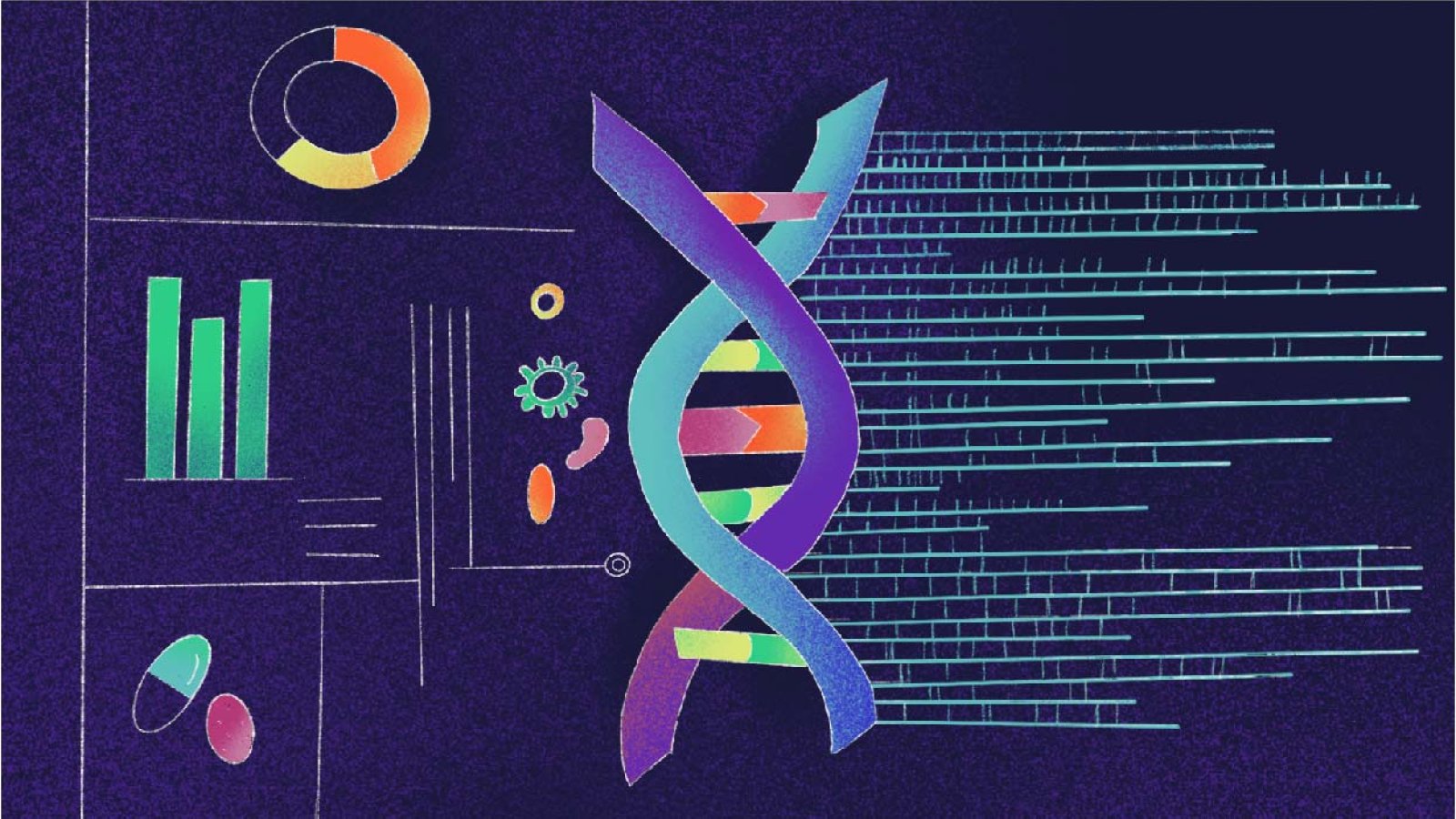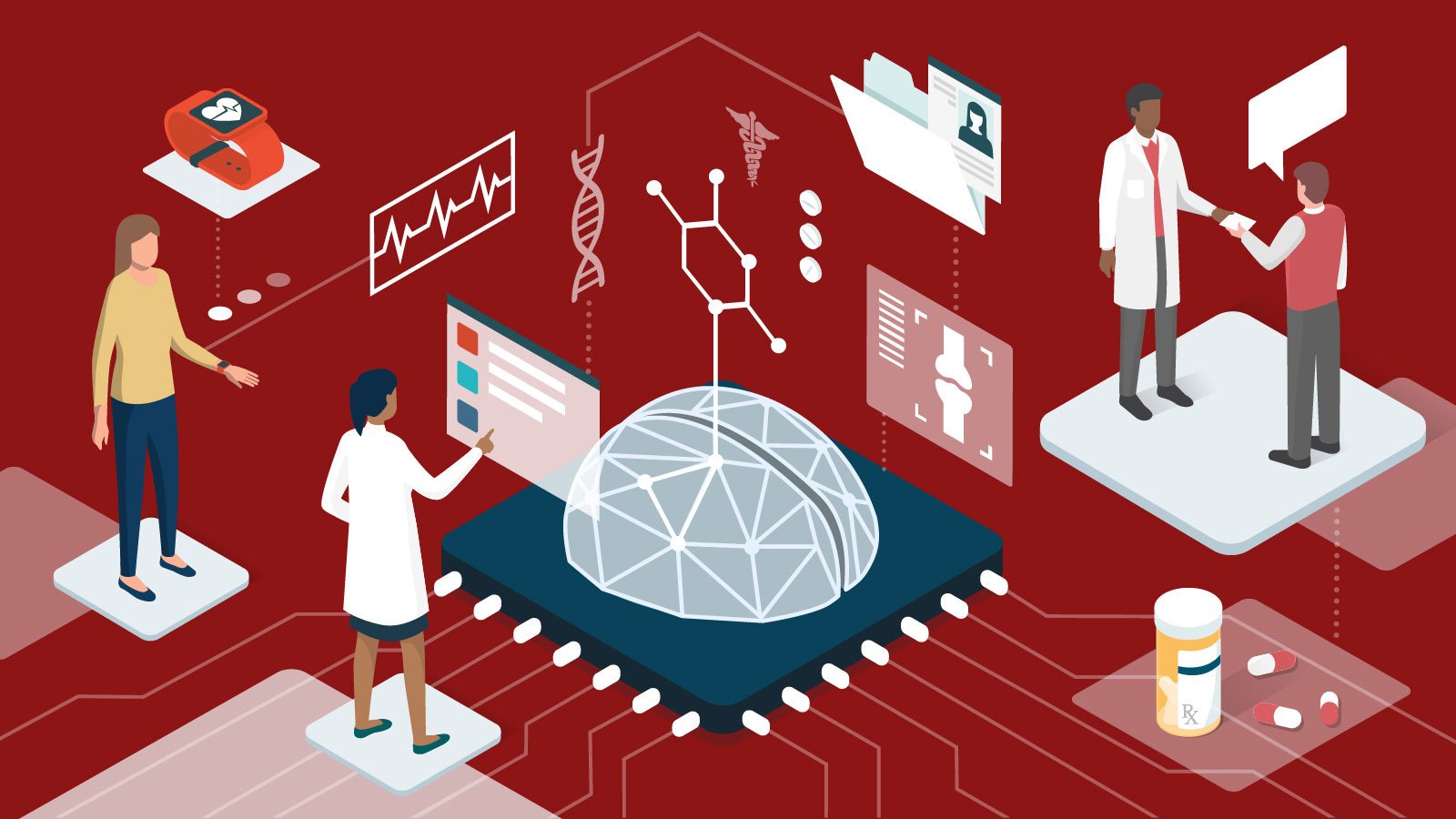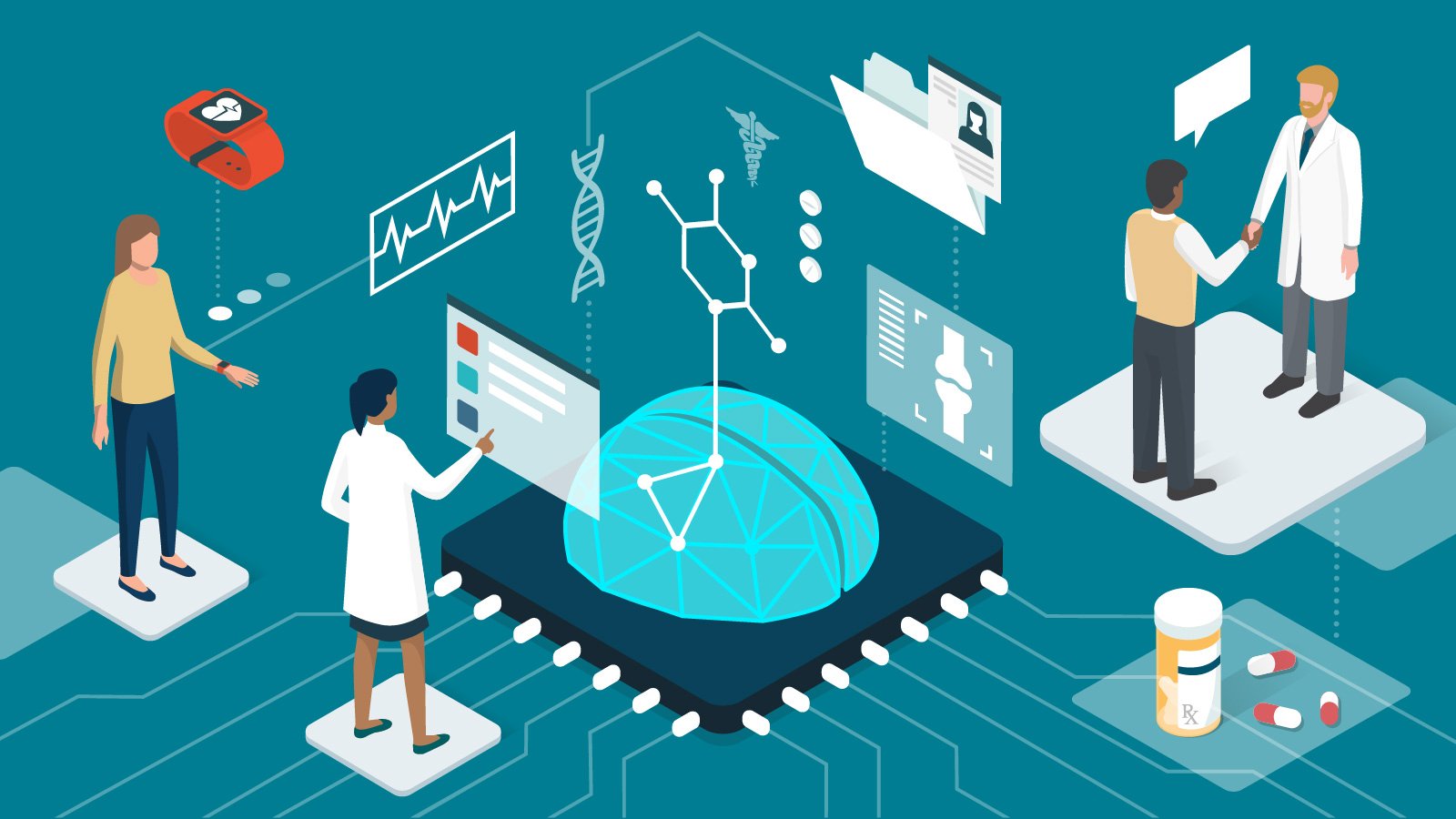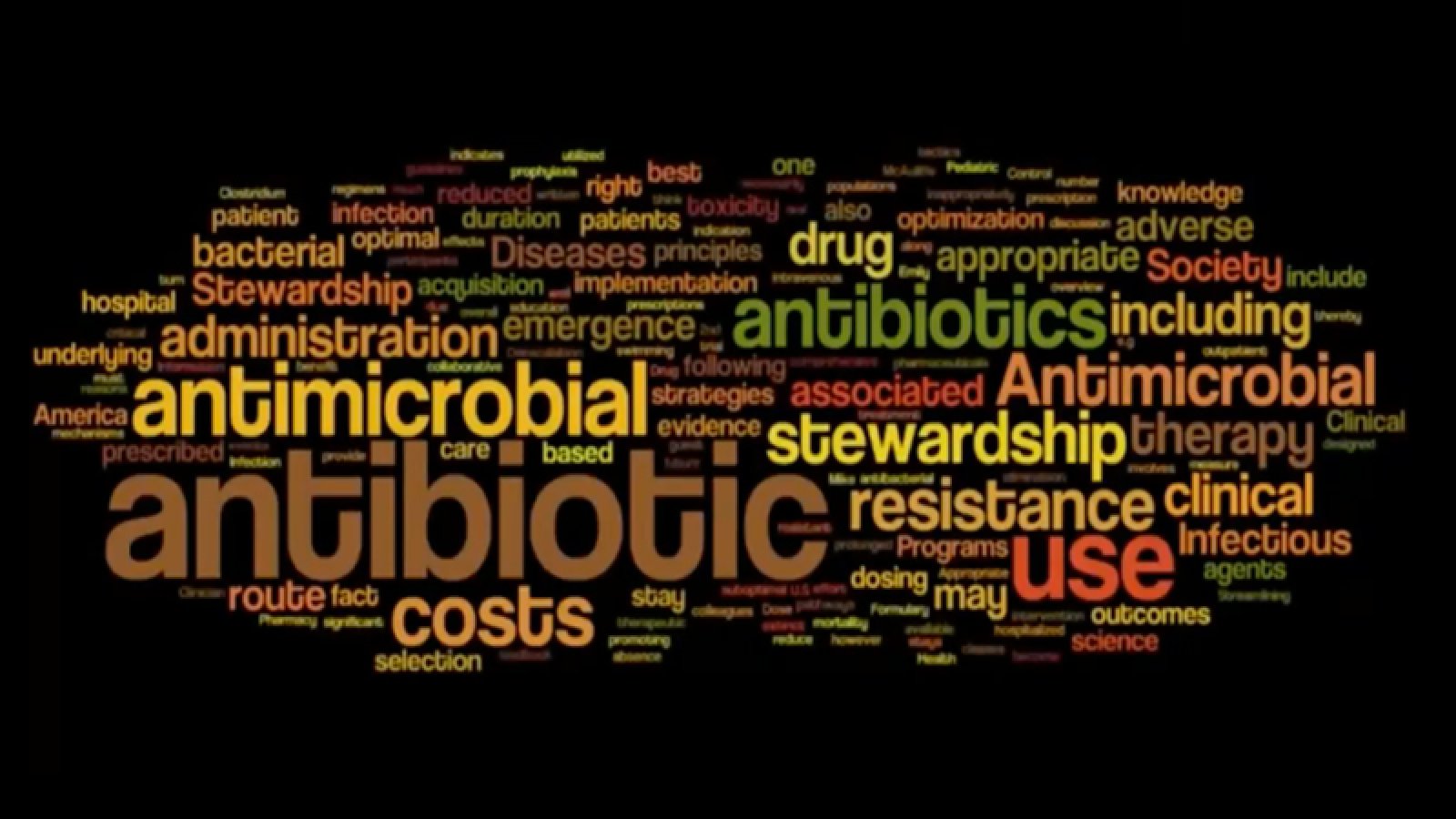Description
The “Advanced Topics in Genetics and Genomics Program” offers an in-depth exploration of cutting-edge concepts, methodologies, and applications in genetics and genomics. Designed for students, researchers, and professionals in biological sciences, this program covers advanced genetic principles, genomic technologies, bioinformatics tools, and their integration into research and clinical practice. Participants will delve into current trends, ethical considerations, and interdisciplinary approaches shaping the field of genetics and genomics today.
Learning Objectives
By the end of this program, participants will be able to:
- Explore Advanced Genetic Principles: Gain advanced knowledge of genetic mechanisms, inheritance patterns, and molecular genetics.
- Master Genomic Technologies: Understand the latest genomic technologies, including next-generation sequencing (NGS), CRISPR-Cas9 genome editing, and single-cell genomics.
- Utilize Bioinformatics Tools: Develop proficiency in using bioinformatics tools and databases for genomic data analysis and interpretation.
- Apply Genomics in Research: Apply genomic techniques and methodologies to study complex biological processes, diseases, and population genetics.
- Discuss Ethical and Legal Issues: Analyze ethical, legal, and societal implications of genomic research and clinical applications.
- Interdisciplinary Collaboration: Foster interdisciplinary collaborations in genetics and genomics research across biological sciences, medicine, and computational biology.
- Stay Informed on Emerging Trends: Stay updated on emerging trends, breakthroughs, and challenges in genetics and genomics through case studies and expert insights.
Program Structure
The program is structured into the following comprehensive modules:
- Advanced Genetic Principles:
- Molecular basis of genetic variation and evolution
- Epigenetics and chromatin regulation
- Population genetics and evolutionary genomics
- Genomic Technologies and Applications:
- Next-generation sequencing (NGS) platforms and applications
- Genome-wide association studies (GWAS) and functional genomics
- Single-cell genomics and spatial transcriptomics
- Bioinformatics and Data Analysis:
- Introduction to bioinformatics tools and databases (e.g., NCBI, Ensembl)
- Genomic data visualization and interpretation
- Hands-on workshops on genomic data analysis pipelines
- Clinical Genomics and Precision Medicine:
- Applications of genomics in disease diagnosis, prognosis, and treatment
- Pharmacogenomics and personalized medicine approaches
- Genomic medicine and public health implications
- Ethical, Legal, and Social Issues (ELSI):
- Ethical considerations in genetic research and genomic testing
- Patient consent, privacy, and data protection in genomic studies
- Regulatory frameworks and policy implications in genomics
- Interdisciplinary Perspectives:
- Collaborative research approaches integrating genetics, genomics, and other disciplines
- Case studies and guest lectures from experts in genetics, bioinformatics, and related fields
- Project-based learning and research opportunities
- Future Directions and Innovations:
- Emerging trends in genetics and genomics: synthetic biology, gene therapy, and CRISPR applications
- Innovations in genomic technologies and their potential impact on healthcare and agriculture
- Career pathways and opportunities in genetics research, biotechnology, and clinical genomics
Who Should Enroll
This program is ideal for:
- Graduate Students and Researchers: Individuals pursuing advanced studies and research in genetics, genomics, or related fields.
- Geneticists and Molecular Biologists: Professionals seeking to deepen their knowledge and skills in genomic technologies and applications.
- Bioinformaticians and Computational Biologists: Experts in bioinformatics interested in applying computational tools to genomic data analysis.
- Healthcare Professionals: Clinicians and genetic counselors interested in integrating genomics into clinical practice and patient care.
- Policy Makers and Regulators: Professionals involved in shaping policies and regulations related to genetics, genomics, and biotechnology.
Program Format
The program delivery includes lectures, hands-on workshops, case studies, panel discussions, and project-based learning opportunities. Participants will have access to resources such as lecture materials, software tools, genomic datasets, and a platform for collaboration and networking.





Daniel –
Completing this program has been instrumental in advancing my career in genetics. The skills and knowledge I gained have opened up new opportunities in research and healthcare. The program’s reputation and practical focus have been highly regarded by employers.
Ebele –
This program covers a wide range of advanced topics, including epigenetics, bioinformatics, and personalized medicine. The breadth and depth of the curriculum ensured that I gained a comprehensive understanding of genetics and genomics from multiple perspectives.
Magdalene –
The faculty members are leaders in the field of genetics and genomics. Their expertise and passion for the subject matter shine through in every lecture. They provide valuable insights and mentorship, making complex concepts accessible and engaging.
Oladele –
I appreciated the focus on practical applications of genetic and genomic principles. The program includes hands-on lab work and case studies that allowed me to apply theoretical knowledge to real-world scenarios. This hands-on approach enhanced my learning experience significantly.
Celestina –
This program delves deep into advanced topics in genetics and genomics, covering the latest research and technologies. From CRISPR-Cas9 to genome-wide association studies, the content is current and highly informative. It’s perfect for anyone looking to stay at the forefront of genetic research.